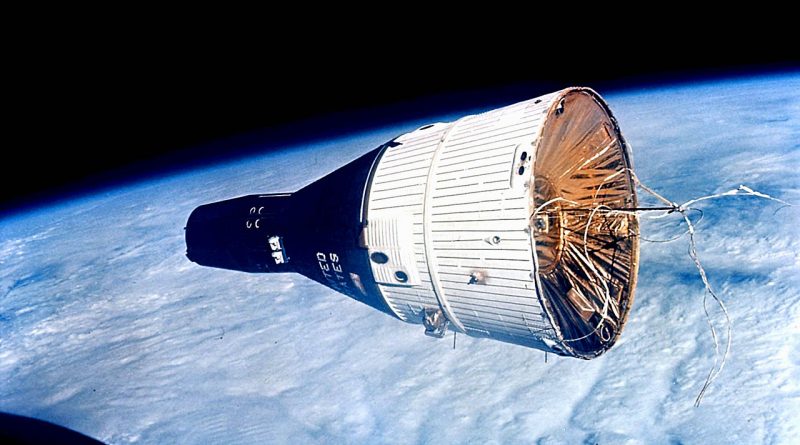December 4 in U.S. military history
1783: Nine days after the British evacuate New York City, Gen. George Washington bids farewell to his fellow Continental Army officers over a turtle feast at Fraunces Tavern. Washington tells them: “With a heart full of love and gratitude, I now take leave of you. I most devoutly wish that your latter days may be as prosperous and happy as your former ones have been glorious and honorable.”
1861: Jefferson Davis is elected President of the Confederate States of America. Previously, Davis served as a junior officer in the U.S. Army following graduation from the U.S. Military Academy. During the Mexican-American War, he raised a volunteer infantry regiment and became its colonel. President James Polk will offer Davis a federal commission as brigadier general, which he will turn down.
1941: PBY Catalina patrols report that a flotilla of 30 transports at the Indochina (Vietnam) port of Cam Ranh Bay have disappeared. Marine Fighter Squadron 211, having just been delivered to Wake Island by the carrier USS Enterprise immediately begin their patrols, as the carrier returns to Hawaii. The Pearl Harbor attack schedule is dispatched to the Japanese submarine fleet, and a destroyer squadron sets out for the Japanese invasion of Guam.
1942: B-24 Liberator bombers of the 12th Air Force strike Naples, marking the first time American aircraft target Italy.
1950: While flying a search-and-destroy mission during the Battle of the Chosin Reservoir, Ensign Jesse L. Brown – the Navy’s first black aviator – is shot down. His wingman, Lieutenant Junior-Grade Thomas J. Hudner, Jr. crash-lands his Corsair and feverishly attempts to rescue the seriously injured Brown. A helicopter arrives to rescue the downed pilots, but the men are unable to extricate the mortally wounded Brown from the plane. For his actions, Hudner is awarded the Medal of Honor.
1965: A Titan II rocket carrying Lt. Cmdr. James Lovell (USN) and Maj. Frank Borman (USAF) blasts off from Cape Canaveral. The Gemini VII crew will spend the next 14 days in space, doubling the amount of time humans have spent in space – a record that will stand for the next five years.

Today’s post is in honor of Sgt. John J. Savage, who on this day in 2008, died of wounds from an improvised explosive device attack on his vehicle in Mosul, Iraq. The 26-year-old from Weatherford, Texas was assigned to the 103rd Engineer Company, 94th Engineer Battalion and was serving his second Iraq deployment.
